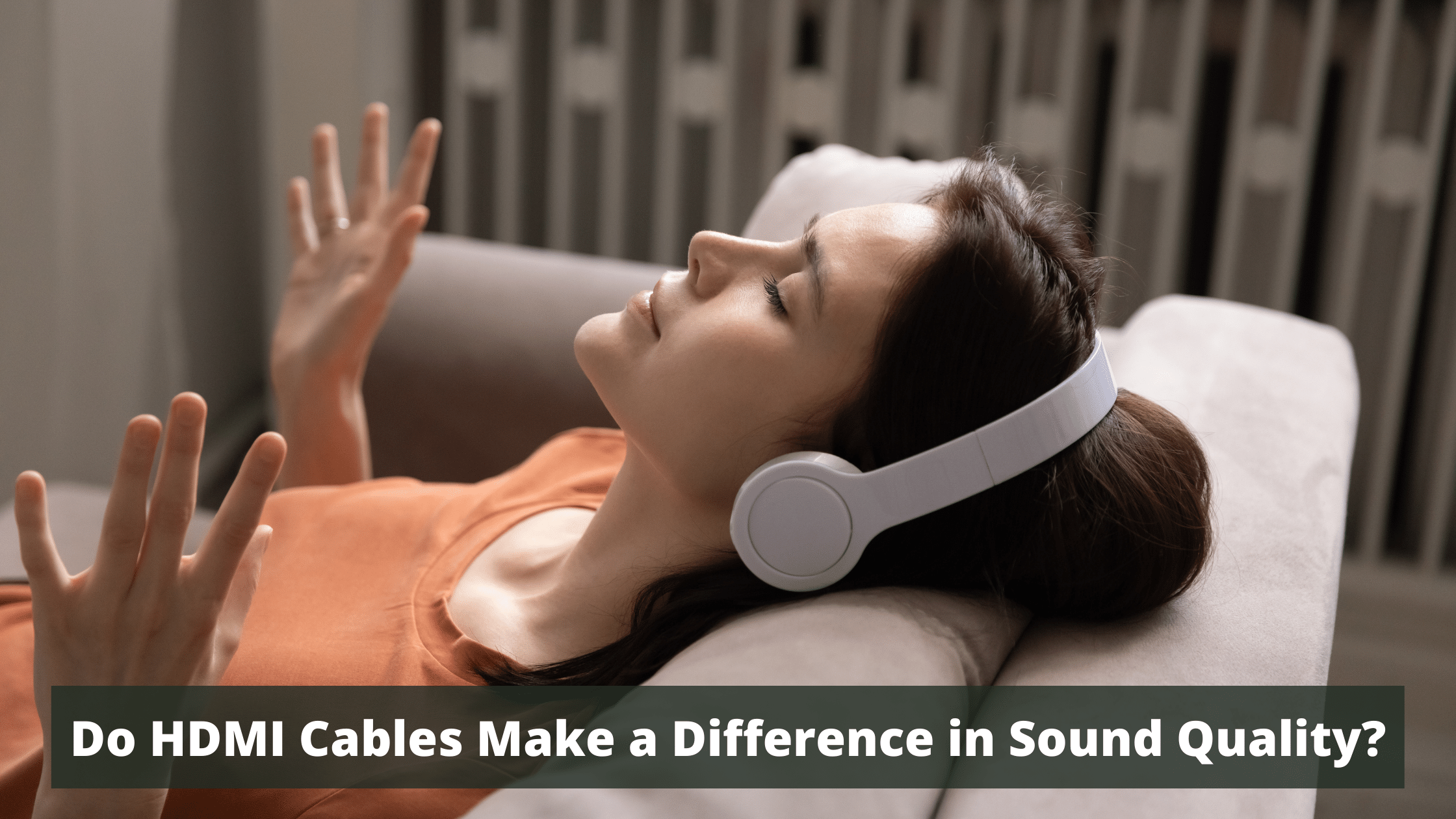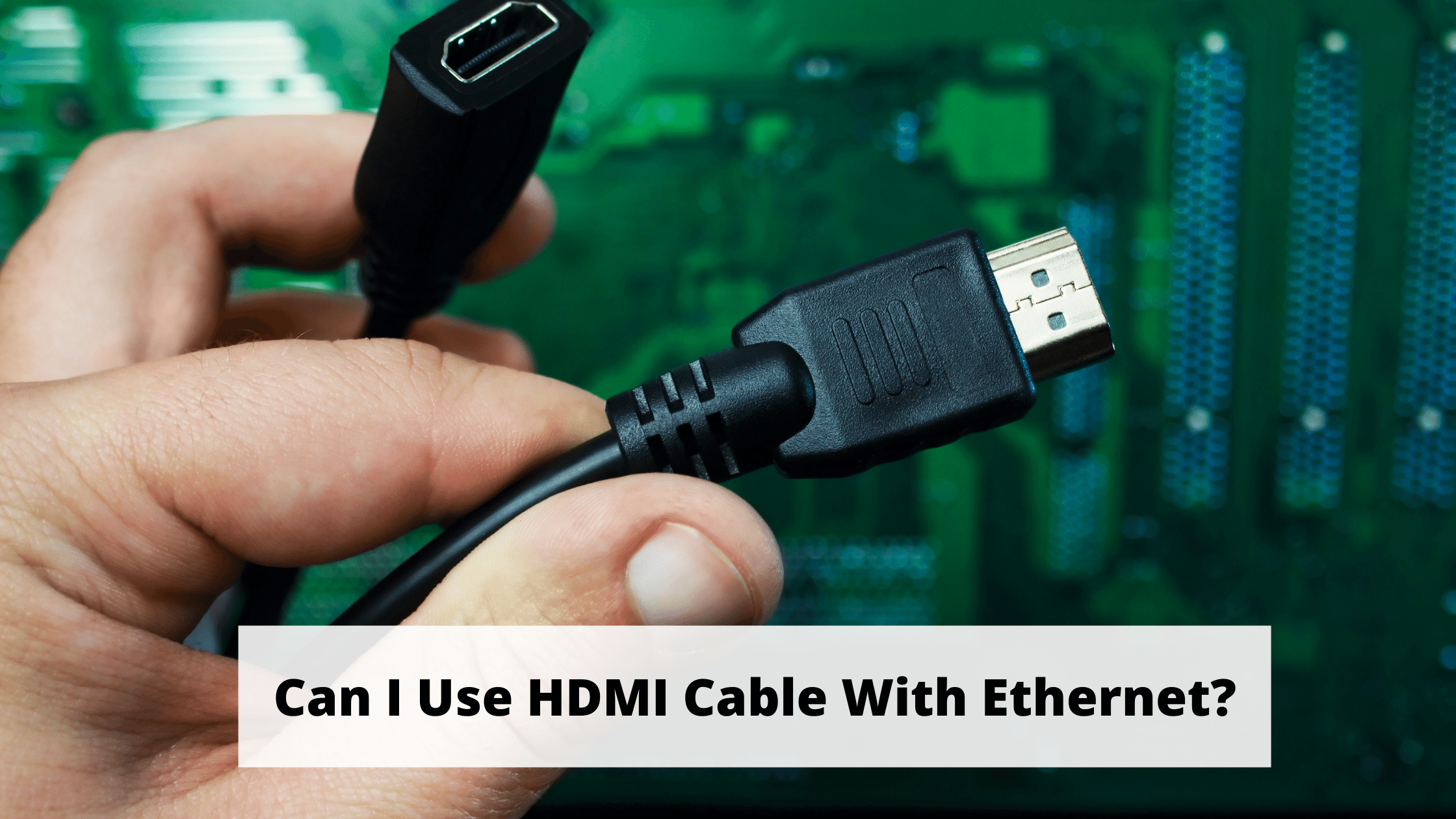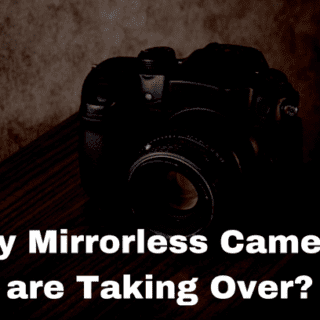Do HDMI cables make a difference in picture quality? Many of you may have this question let’s dig into it. HDMI cables are commonly associated with a high-quality, crystal-clear picture. But do they make a difference in picture quality? HDMI, or High-Definition Multimedia Interface, is an industry-standard for transferring data between devices such as computers, Blu-ray players, and TV sets. It was initially designed to replace analog video connections with digital ones.
HDMI is most widely known for carrying audio and video signals between devices. These HDMI cables are the most common way to connect devices that support the standard, such as Blu-ray players, game systems, and HDTVs.
HDMI cables are also often used to connect devices that don’t support the middle, such as Apple TVs, digital cameras, and camcorders. But despite their name, HDMI cables don’t make all that much difference in picture quality.
Does HDMI cable quality affect the picture?
HDMI cables are designed to transmit high-definition video and audio signals between devices. The cables are constructed from high-quality materials to ensure that the signals are transmitted without being degraded. However, since the wires are designed to be long-lasting, they can become damaged over time.
Damaged cables can cause a reduction in the quality of the video and audio signals, resulting in the picture and sound degradation.
Absolutely. HDMI cables have one job: carry uncompressed digital audio and video from the source device to your TV. If they’re cheap, brittle plastic cables, the signal will break down, causing picture and sound errors. If they’re expensive, high-quality cables, the signal will run like silk and save you money in the long run.
Do you lose picture quality with a long HDMI cable?
HDMI (High-Definition Multimedia Interface) cables are often rated for length. That means that when you buy a long HDMI cable, you’re good to go right away.
But keep in mind that HDMI specifications don’t define a maximum cable length. That means that if you buy a ridiculously long HDMI cable, it might not be able to carry the same amount of data as a normal-length cable.
You may also like to read Do HDMI Cables Make a Difference in Sound Quality?
HDMI (High-Definition Multimedia Interface) cables are typically rated for a length of up to 50 meters (164 feet). After the specified size, the picture quality begins to deteriorate noticeably.
A long HDMI cable is fine when the TV is on the same floor as the source devices (so you can see the source on the screen), but it’s not ideal when the head is on a different floor or in a separate room. A shorter HDMI cable is preferable when the source is on another floor or in an additional room.
Does it matter what kind of HDMI cable you use?
HDMI (High-Definition Multimedia Interface) cables have a much higher bandwidth than DVI to carry a more significant amount of data. The longer an HDMI cable is, the cheaper the line looks for the consumer. This is because HDMI cables use more plastic than metal to make them look thicker. This makes HDMI cables cheaper to produce, but they are less reliable over a longer length.
This is an example of the kind of question being considered more and more when it comes to technology. For example, how long does an HDMI cable need to be? HDMI cable standards have been updated over the years to ensure that HDMI cables are as reliable as possible. The current HDMI cable standards require that the HDMI cable be at least five meters long.
HDMI Cables that affect picture quality?
HDMI cables have come a long way since the first cables were introduced over a decade ago. Nowadays, it seems like there are HDMI cables for every application and purpose imaginable—and that’s because there are. HDMI cables are the backbone of a home theater system and can significantly impact the picture quality of the movies and shows you watch. But not all HDMI cables are created equal.
Have you ever been frustrated with the picture quality of your HDMI cables? You’re not alone. Most people are entirely unaware of the effect the HDMI cable they use has on the picture quality of their devices. It’s not until they upgrade or swap out their HDMI cables that they realize how much of an impact they’re having on the picture quality of their devices.
HDMI cables have become synonymous with high-quality entertainment. The HDMI standard has revolutionized the home theater experience by providing a single thread that can carry high-definition audio and video signals from a source device, such as a Blu-ray player, to a display device, such as a TV.
But HDMI cables come in a wide variety of prices and capabilities. Some HDMI cables are designed to improve the picture quality of the video signals they carry. In contrast, others are designed to maximize the sound quality of the music and movies they transmit.












